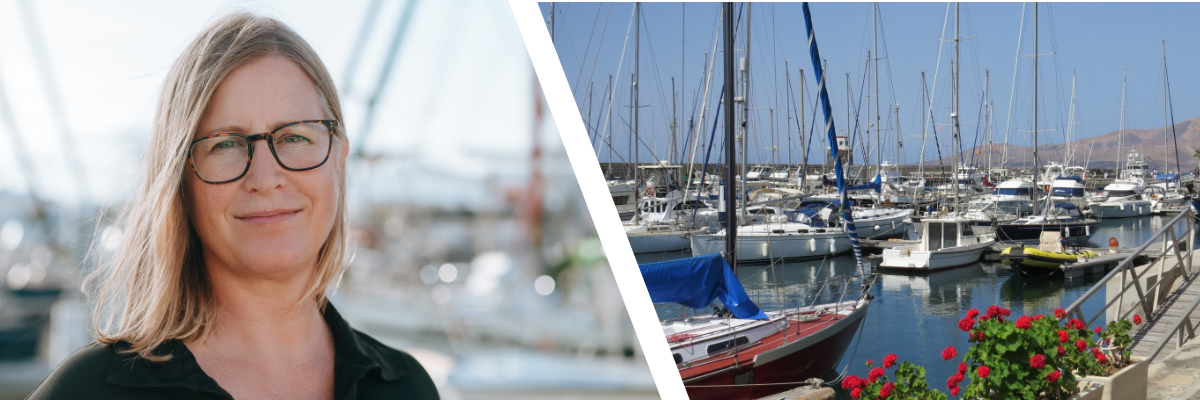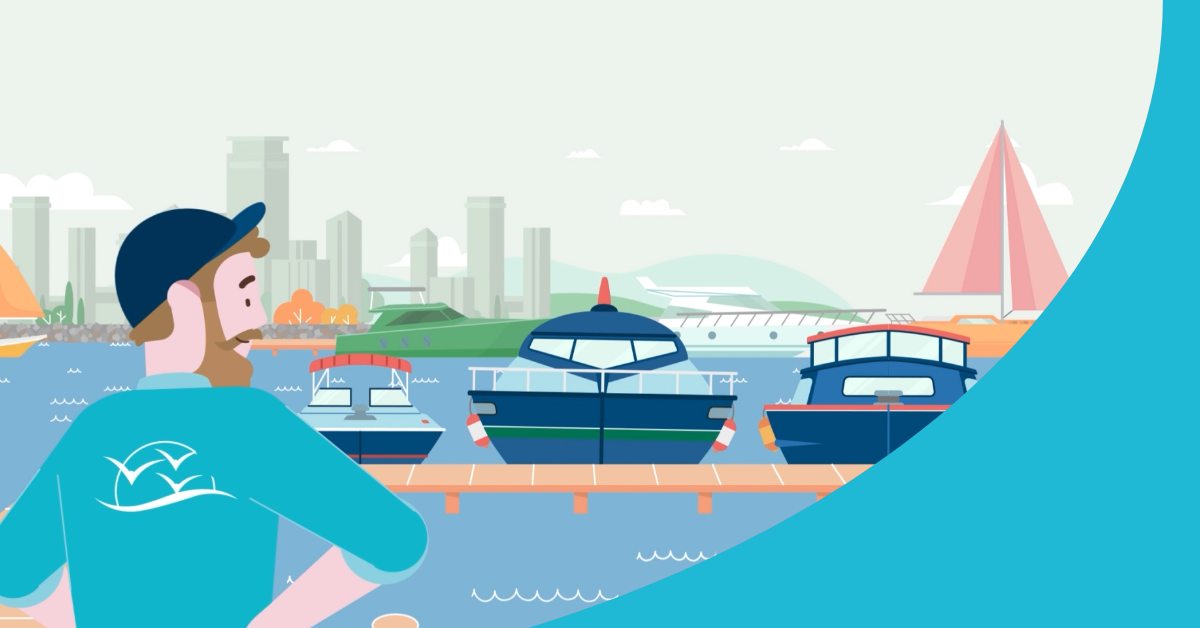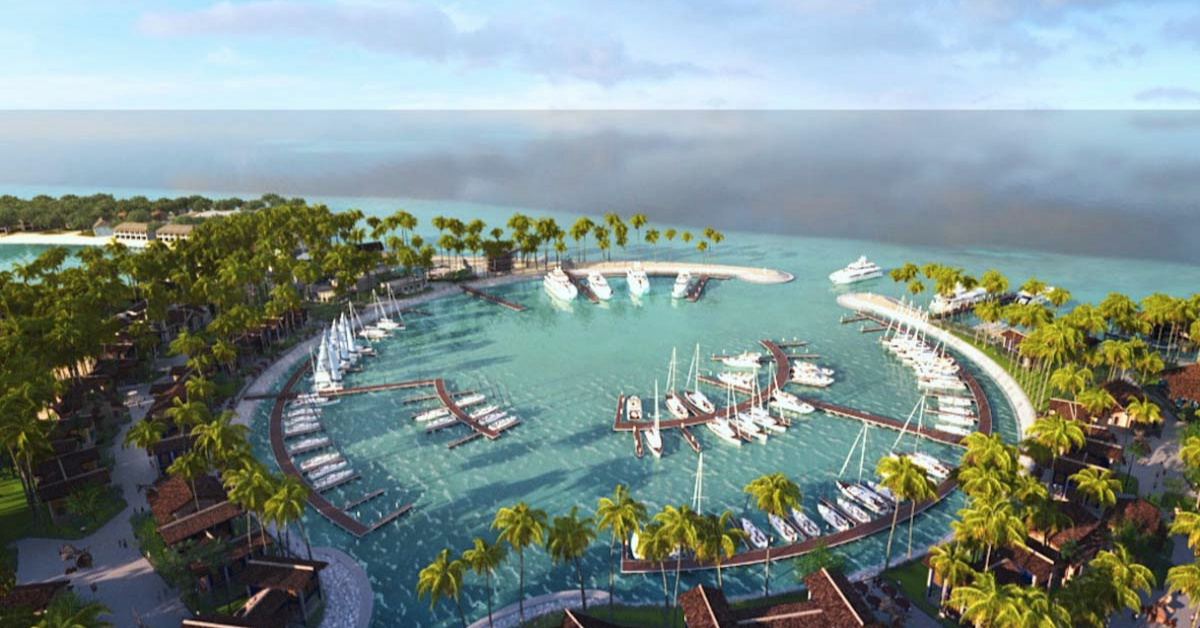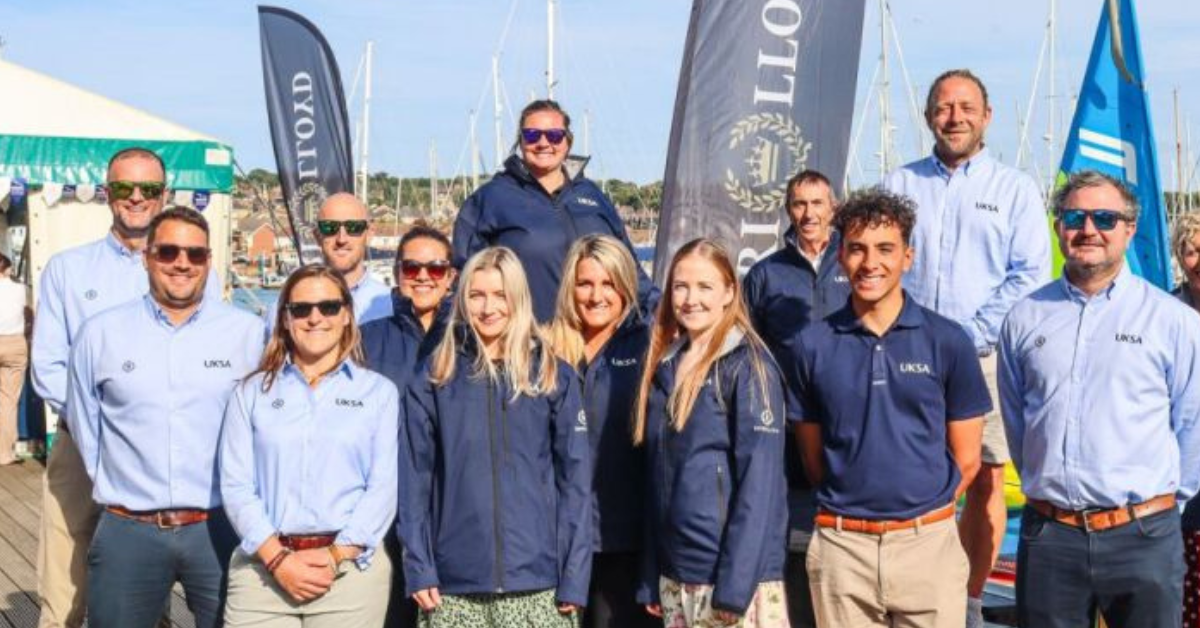Engage visitors for clean marinas
 Hans Buitelaar
Hans Buitelaar
Nautical tourism consultant Melanie Symes for responsible yachting hubs
Social development is a topic in which Melanie Symes takes a keen interest, particularly in the context of marinas and the marine industry workplace. Behaviour of marina guests can be positively influenced. Useful information and relations with the local community will stimulate a sense of belonging and sensible behaviour.
“If people feel they are responsible for their surroundings, they are more likely to want to contribute to solving problems they identify.” Melanie Symes’ experience has led her to understand that for visitors and residents to become active participants in caring for their marina environment, they need to be engaged. Staff can welcome new guests and explain how the marina is a nice place that is taken care of by all who are there.
The arrangement of provisions around marinas, providing comfort for guests to keep the pontoons clean, together with the premises showing good caretaking, will stimulate the visiting yachties to contribute their bit.
Symes founded nautical tourism consultancy company Innovamarina in 2019 and also manages TransEurope Marinas, a network of marinas that share experiences to improve marina management. She believes strongly in learning from the boating community and studying the certification opportunities available. "Whilst it's true that some environmental or quality certification systems present a high bar to start with, they can be highly orientative and open the doors to rewarding and educational collaborations with nearby partners, helping to develop skills and local marine knowledge and better understand how to convey this important information to marina guests."
Collective responsibility
“Responsible behaviour in marinas begins by communicating a clear set of inherent values, developed inclusively. This implies considering that everyone, from staff members to guests and commercial tenants, are stakeholders in the process of ensuring safe, respectful, attractive and pollutant-free marina surroundings. Providing engaging information on local biodiversity and the impacts of careless behaviour on the environment, can be one way to help drive change. This can include inviting local conservation or research groups to contribute useful content.” She notes that the process of collaborating with ocean scientists, for example, can deliver further benefits such as encouraging better ocean literacy, inspiring a greater control of pollutants entering the water body and advancing a corporate social responsibility agenda.
Working in sailing
Decisive management, aimed at creating a positive sense of marina community, is the result of many years of experience working in marinas. Symes was the Commercial and Marketing Director for Puerto Calero Marinas on the Canary Islands, stepping into that job after working in a sailing excursion company. She first came to the Canaries as crew aboard a sailing yacht. “Lanzarote is a great place to work. When I started in the excursion company, the staff comprised a vibrant young crowd with sailing backgrounds from across Europe. It was the beginning of a passion for working in this field. I consider myself very fortunate to have had the opportunities I was given to travel and expand my understanding. Following my experience in marinas, I embraced the chance to start my own consulting company specialising in nautical tourism and marina management.”
Transitions
At the latest edition of METSTRADE, Symes took part in a panel discussion about the future of the marine industry. The role that marinas can play in the transition towards a zero environmental impact leisure industry was addressed.
Simultaneous to this transition, she identifies the need for social sustainability within the marine sector. Women are a too small minority among the professionals in yachting and boating. Unequal representation is obvious. “Look around you. Only a very small amount of the people on this industry-wide trade show are women, particularly at higher levels. There is massive gender imbalance. We need to study the problem to understand what is going on. Why is there such low female representation in this industry? Are women in boating not recognised for being capable professionals? Did they not get the invitation? Last year I found myself searching for images on the internet of female skippers to illustrate an article. Relevant photographs were hard to find, so I entered a command prompt into an AI image generator for women in yachting. The results were incredible, displaying multiple depictions of women in swimsuits posing on the foredeck.
This is a very concerning indication of how women in this sphere are perceived. Professionals in the boating sector need to recognise gender inequality and welcome more women. Women in the decision-making process will change things. I am aware however that things are starting to change. During my time at the marina in Lanzarote, Team SCA were training for the Volvo Ocean Race. The motivation behind this endeavour was highly inspiring and I see that legacy initiatives such as the Magenta Project are beginning to acknowledge and resolve specific instances of gender discrimination.”
Advancing the industry
Symes considers gender inequality in the marine industry a matter that requires urgent attention. “Diversity in the workplace has been proven to be productive, and national and international legal frameworks addressing equality are clear and apparent. There really is no excuse today for enforcing an exclusionary culture. From attending to wage disparities to inequitable recruitment and promotion practices, the boating industry needs to develop more cultural competence. There are some fantastic women managers running award-winning marinas and these people would make great role models. Incorporating a gender perspective throughout this industry is quite simply a necessity. A more dominant female voice will invariably lead to positive change, also in the transition towards zero pollution marinas.”


